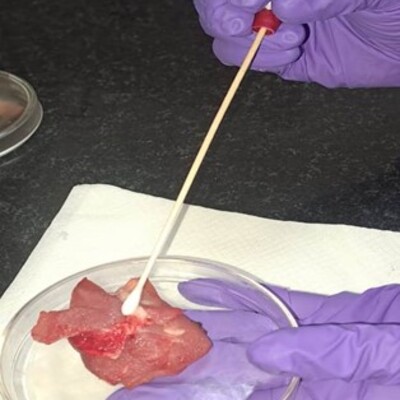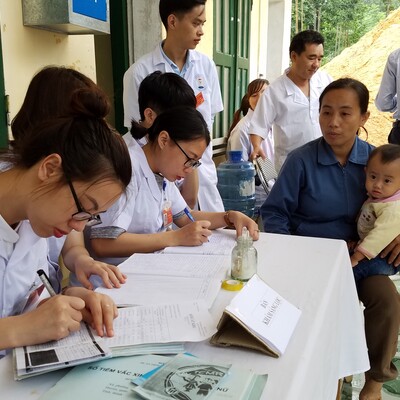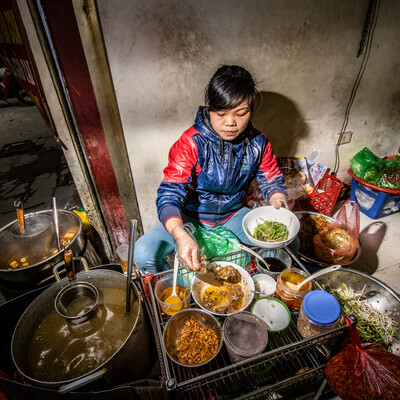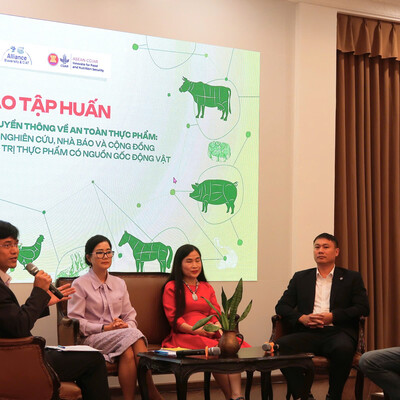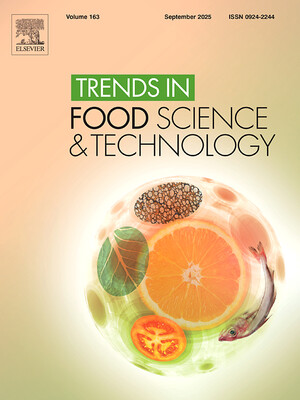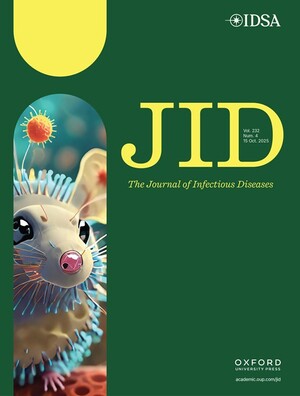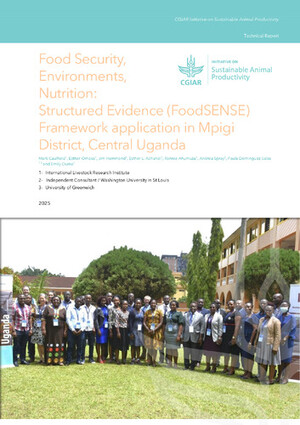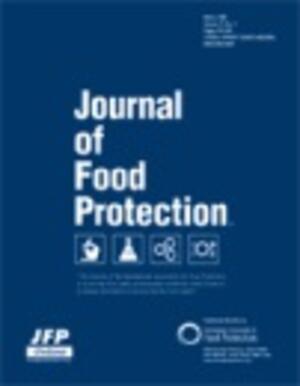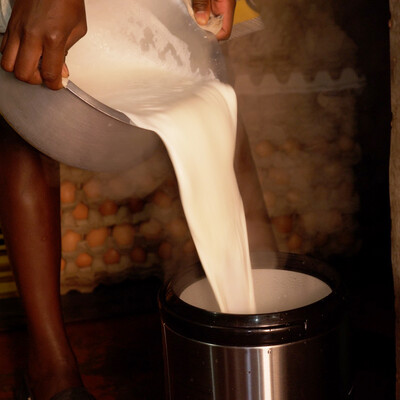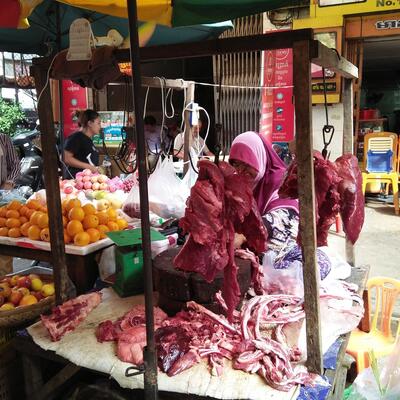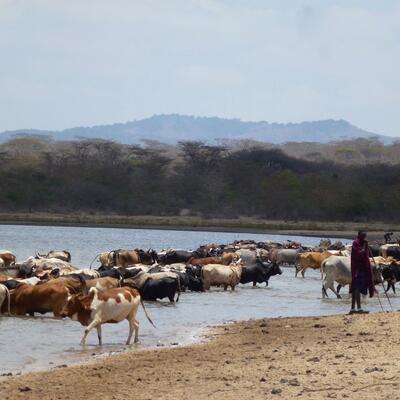
Tackling food safety challenges in informal markets: New approaches are needed
World Food Safety Day is celebrated on 7 June every year to raise awareness on food safety and inspire action to help prevent and manage foodborne risks, to contribute to human health, food and nutrition security, economic prosperity, market access and sustainable development.
The International Livestock Research Institute (ILRI) celebrated World Food Safety Day 2023 with the online launch of an ILRI-commissioned report, New directions for tackling food safety risks in the informal sector of developing countries, by Spencer Henson, Steven Jaffee and Shuo Wang. Spencer Henson is a professor in the Department of Food, Agricultural and Resource Economics, University of Guelph, Canada. Steven Jaffee is a lecturer in the Department of Agricultural and Resource Economics, University of Maryland, United States of America. Shuo Wang is a graduate student, Department of Agricultural and Resource Economics, University of Maryland.
The event began with welcoming remarks from Silvia Alonso, principal scientist and epidemiologist at ILRI, who emphasized the importance of World Food Safety Day and the launching of the report. The opening speakers, Appolinaire Djikeng, director general of ILRI, and Julian Lampietti, manager for Global Engagement in the Agriculture and Food Global Practice at the World Bank, expressed gratitude to the partners and scientists who have prioritized food safety over the years and the World Bank for its ongoing collaboration. They highlighted the alarming numbers surrounding food safety, with at least half a million people dying yearly from unsafe food in low- and middle-income countries. The associated economic costs are at least 115 billion United States dollars per year.
Overall, the event shed light on the complexities surrounding food safety in informal markets. The informal sector contributes significantly to the food security and livelihoods of millions, particularly in rapidly growing urban spaces. However, challenges arise due to a lack of clear regulatory frameworks and governance issues. The speakers discussed the need for demand-driven approaches and incentives for behaviour change while also highlighting the importance of public sector involvement, knowledge sharing, regulatory measures and infrastructure investments.
Steven Jaffee, one of the report’s authors, provided a short overview. The report, he said, highlighted the deficiencies in food safety awareness, conditions and strategies for reducing exposure in fragmented food systems and informal distribution channels. It underscored the central role of the informal sector in food safety issues and called for a nuanced approach to address the challenges.
Delia Grace, professor of food safety systems at the Natural Resources Institute, University of Greenwich and joint-appointed scientist at ILRI, emphasized that the health impact of foodborne diseases is comparable to that of malaria, HIV/AIDS or tuberculosis. She discussed ILRI’s food safety research initiatives and interventions in India, Kenya, Nigeria and Uganda. That research, she said, highlights the need for a ‘three-legged stool’ approach involving incentives for behaviour change, capacity building and an enabling environment to scale interventions successfully.
Representatives from the World Health Organization, Food Future Foundation in India, the Food and Agriculture Organization of the United Nations, the African Union Commission and the United States Agency for International Development (USAID) Bureau for Resilience and Food Security provided their insights and responses to the report. They highlighted the need for context-specific and comprehensive strategies, the importance of behaviour change approaches and the recognition of informal markets as a crucial component of the food system. The discussions emphasized the significance of strengthening institutional capabilities, enabling collaboration and improving food safety through a multi-sectoral approach.
Hung Nguyen-Viet, co-leader of ILRI's Animal and Human Health program and leader of the CGIAR Initiative on One Health, provided concluding remarks. He thanked the panellists for their valuable contributions but noted that not all speakers explicitly referred to the One Health framework, which serves as a crucial pillar for understanding food safety, and the quadripartite One Health joint plan of action, which includes food safety as one of the key pillars. While we have sufficient knowledge about the risks associated with food safety in traditional markets, he said, we still need to improve our collaboration and tailor recommendations for on-the-ground interventions to enhance food safety. He concluded that food security cannot be achieved without safe food.
Acknowledgements and partnerships
The speakers expressed gratitude to scientists, funders and partners who have collaborated with ILRI, including Bill & Melinda Gates Foundation, USAID, UK Aid, the Australian Centre for International Agricultural Research and the World Bank. They also highlighted the long-standing partnership between ILRI and CGIAR, emphasizing the importance of collaboration in addressing the massive challenge of foodborne disease affecting 600 million people annually. The publication of the report was supported by the CGIAR Research Program on Agriculture for Nutrition and Health and the CGIAR Initiative on One Health.
Selling pork at a traditional 'wet' market in Hung Yen province, northern Vietnam (photo credit: ILRI/HUPH/Ngan Tran).
For more information, visit the ILRI landing page celebrating World Food Safety Day 2023 that showcases our food safety projects, publications, stories and key messages. The page also highlights the profiles of ILRI scientists involved in food safety research.






